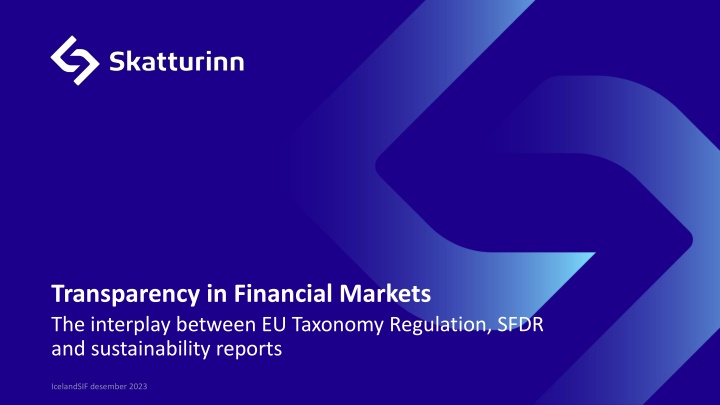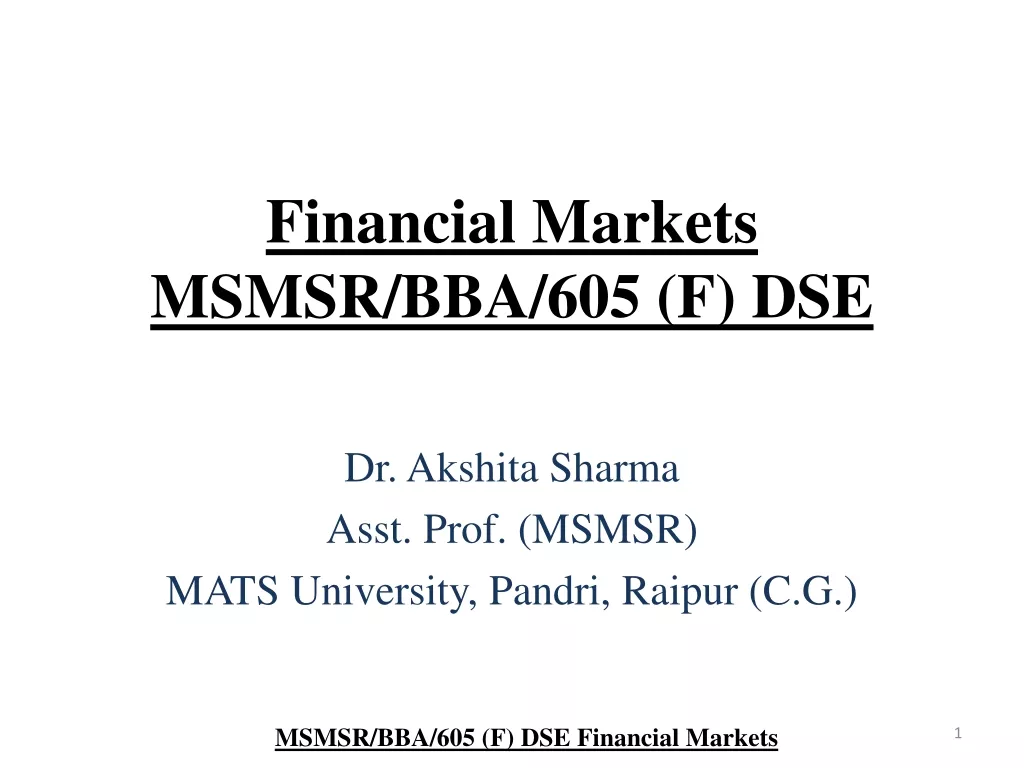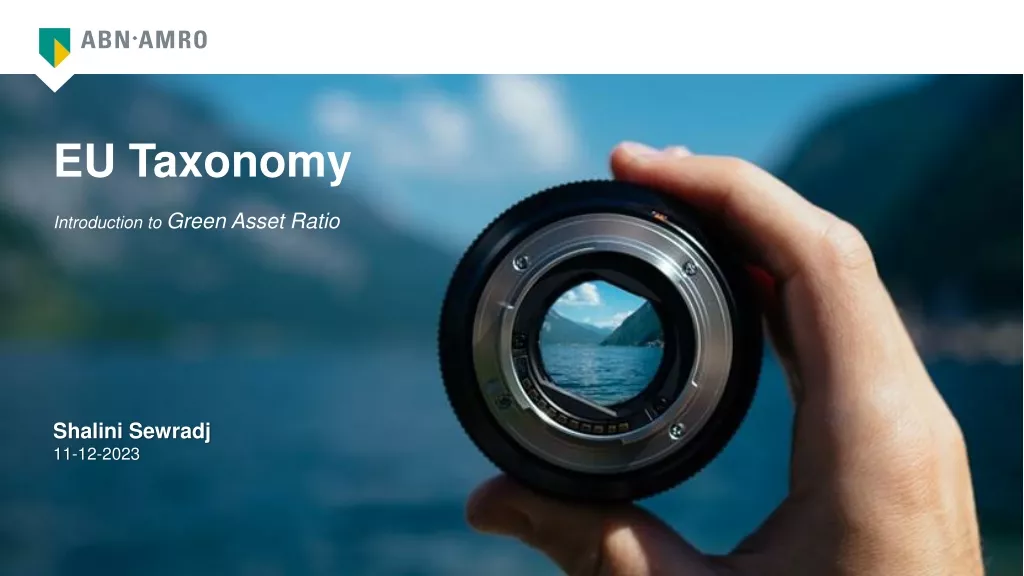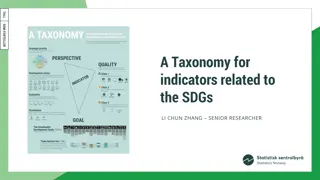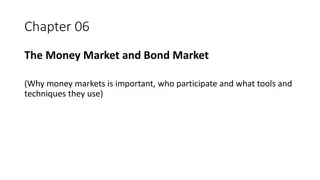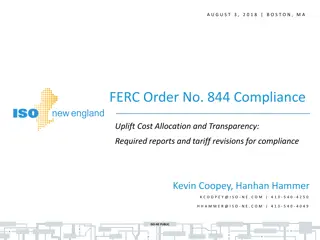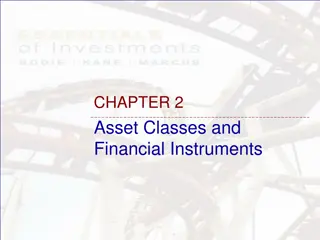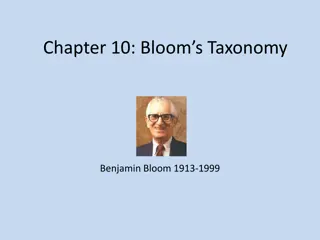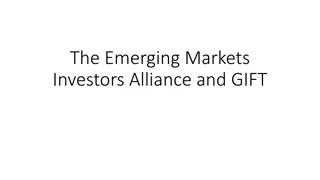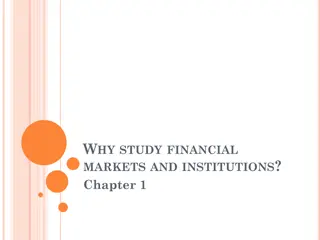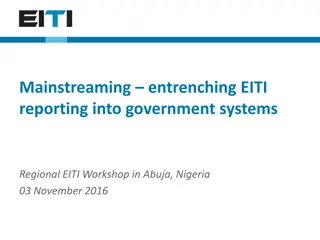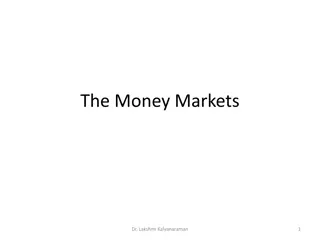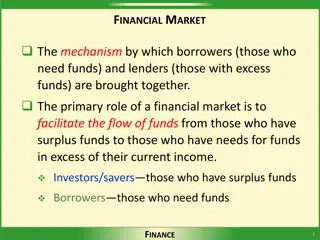Transparency in Financial Markets: EU Taxonomy, SFDR, and Sustainability Reports Overview
This content discusses the importance of transparency in financial markets through the interplay of EU Taxonomy Regulation, SFDR, and sustainability reports. It emphasizes the objective of enforcing sustainability information to enhance investor decision-making processes and market confidence. The EU sustainable finance agenda, implementation in Iceland, and management of sustainability information are key topics covered.
Download Presentation

Please find below an Image/Link to download the presentation.
The content on the website is provided AS IS for your information and personal use only. It may not be sold, licensed, or shared on other websites without obtaining consent from the author.If you encounter any issues during the download, it is possible that the publisher has removed the file from their server.
You are allowed to download the files provided on this website for personal or commercial use, subject to the condition that they are used lawfully. All files are the property of their respective owners.
The content on the website is provided AS IS for your information and personal use only. It may not be sold, licensed, or shared on other websites without obtaining consent from the author.
E N D
Presentation Transcript
Transparency in Financial Markets The interplay between EU Taxonomy Regulation, SFDR and sustainability reports IcelandSIF desember 2023
Financial Supervision Financial Supervision in EU and in Iceland Financial Supervision in European Union Auditors ESMA EBA EIOPA CEAOB Iceland Auditing Supervisory Authority Iceland Financial Supervision Authority at Central Bank Registry of Annual Accounts (Enforcement of Annual Reports)
Objective of enforcement The objective of enforcement of sustainability information is to contribute to a consistent application of the sustainability information framework and, thereby, to the transparency of sustainability information relevant to the decision making process of investors and other users. This will help make the position of sustainability information comparable to that of financial information. Through the enforcement of sustainability information, enforcers contribute to the protection of investors and the promotion of market confidence as well as to the avoidance of regulatory arbitrage.
EU sustainable finance agenda: EU Green Deal Biodiversity Strategy Regulation 2020/852 EU Taxonomy CSRD Corporate Sustainability Reporting Directive Action Plan on Circular Economy Regulation 2019/2088 SFDR Sustainable Finance Disclosure Regulation Fit for 55 Initiative Sustainable Products Initiative ESRS CSDDD European Sustainability Reporting Standards Corporate Sustainability Due-diligence Directive Clear Air & Water Action Plan
Implementation of the sustainability framework in Iceland EU Taxonomy Regulation Sustainable Financial Disclosure Regulation Corporate Sustainable Reporting Directive Scope: 1% of Icelandic Undertakings or appr.: 300 400 companies Scope: Undertakings that fall under the scope of point 1 of Article 2 in (EU) Regulation 2019/2088 Scope: 1% of Icelandic Undertakings or appr.: 300 400 companies Large Companies Financial market participants Large Companies Public Interest Entities Public Interest Entities Expected to enter into force from the year 2024 and up to 2029 Enter into force in Iceland July 1, 2023 Enter into force in Iceland July 1, 2023
Management and sustainability information Management Report Sustainability Statement Analysis of the development and performance of the undertaking s business and its position Environmental information (ESRS E1, E2, E3, E4 and E5) General Information and Disclosures (ESRS 1 and 2) Description of the principal risk and uncertainties Description of the principal risks and uncertainties Corporate governance statement (Article 66. c.) Social Information (ESRS S1, S2, S3 and S4) Governance information (ESRS G1) Other disclosures pursuant to Article 65., 66., 66. a., 66. b. and 66. e. Disclosures pursuant to Article 8 of the taxonomy regulation
Implementation of the sustainability framework in Iceland: Implementation EU Taxonomy regulation and The Sustainable Financial Disclosure Regulation entered into force in Iceland on July 1, 2023. The Corporate Sustainable Reporting Directive and the European Sustainability Reporting Standards are expected to be implemented as follow: Large issuers with 500 or more employees: reporting period 2024 All other large undertakings: reporting period 2025 Small to medium sized issuers: reporting period 2026 Non-EU undertakings that operates in the European Economic Area: reporting period 2029
Implementation of the sustainability framework in Iceland: Challenges It is not until the European Council and Parliament have approved legislation that affects the EEA agreement that the EEA Joint Committee can decide on if and how to implement that legislation into the EEA agreement. In practice this means that there is a minimum of one year time lag in implementing legislation in the EFTA countries. Other challengers are implementation deficit and the fact that not all EU legislation falls under the scope of the EEA agreement.
Implementation of the sustainability framework in Iceland: Exemption period No adjustment period was granted in Act no. 25/2023 but in European Union a adjustment period was granted. Non-financial undertakings shall present required information in tabular form by using the latest reporting templates set out in Article 8 Delegated Act. After serious consideration the Registry of Annual Accounts have decided to grant financial undertakings one year adjustment period. This is not a blanket exemption from presenting information that the Act no. 25/2023 requires financial undertakings to present. Disclosure may only be omitted in cases where relevant and reliable information from non-financial undertakings are not available.
